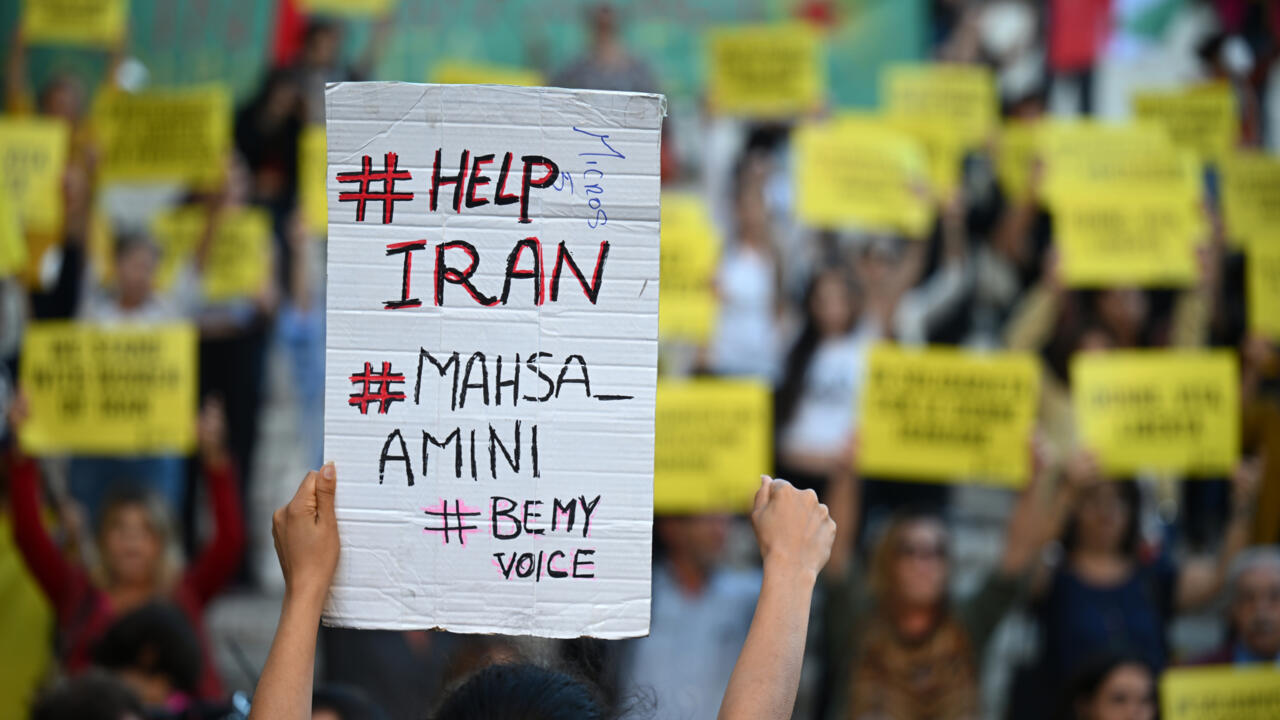Kurdish women in Turkey and Iranian expats in Paris have been singing the song in recent days in solidarity with Iranians protesting the death of young Mahsa Amini after she was arrested by vice squad for violating the Islamic Republic's strict dress code. .
The anthem became a symbol of the protests when a video went viral: that of a singer — with her head uncovered, in defiance of the compulsory hijab — performing a slow and moving version in Persian.
But it was used before for decades by protesters from New York to Hong Kong, until World War II when it became the unofficial anthem of anti-fascist fighters.
There is actually no evidence that it was ever sung by Italian partisans, according to Carlo Pestelli, author of the book "Bella Ciao: The Song of Freedom".
Its history goes back much further, to 19th century songs from northern Italy full of passion and disappointed love.
“It is difficult to establish precisely its origins,” Carlo Pestelli told AFP, noting that the music itself has various sources.
Its ambiguous lyrics — evoking an anonymous invader and the honor of dying for freedom — have since made it a symbol of solidarity for many causes.
"It was not a communist song but a manifesto for freedom... it represents apolitical values that everyone is able to understand and share", details Mr. Pestelli.
It's also "an easy-to-sing song," with a catchy chorus that even non-Italians can sing along to.
A global resonance
The popularity of "Bella Ciao" has been fueled by big names in music, including Italian-born French star Yves Montand, and more recently, its inclusion in Netflix's hit series "La casa de papel."
And it can be heard wherever crowds gather.
Ukrainians sang it this year in the face of Russian forces invading the country, it was the soundtrack to dancing protesters in Tripoli, a chant from England football fans and a call to action from climate activists in Sydney in Brussels.
In Italy, "Bella Ciao" is an unofficial national anthem, which was emotionally sung from balconies during the 2020 coronavirus pandemic lockdown.
For many, the story of the song is less important than its global resonance.
"This song is very famous in Iran, and all over the world, because it is a symbol against oppression," Masah, a 29-year-old Iranian expatriate, told a solidarity rally in Rome this week.
Often translated, adapted or reworked, the refrain is normally in Italian.
In Jerusalem last year, opponents of incumbent Prime Minister Benjamin Netanyahu, nicknamed "Bibi Netanyahu", sang "Bibi Ciao" to the tune of the song, in joy at the prospect of his departure.
In 2019, opposition protesters in Iraq gathered to chant "Blaya Chara", which means "no way out" in Iraqi dialect, to the same melody of "Bella Ciao".
"When we sing it, we feel more united with the whole world because it is a symbol", analyzed Masah's sister, Shiva, 33, at the demonstration in Rome.
"Music is a form of expression that allows you to communicate even without knowing other languages."
© 2022 AFP

